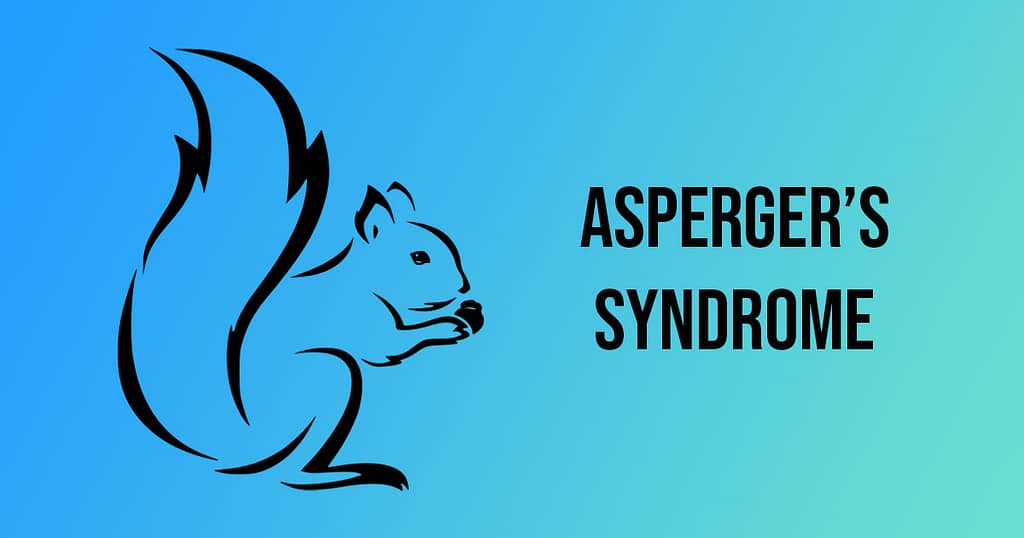Asperger’s Syndrome – What it is
Asperger’s Syndrome (AS) is a neurodiverse condition that is part of the Autistic Spectrum. Fundamentally it is a different brain wiring that means that the individual processes information in an alternate way to the norm, therefore perceiving the world through a different lens. It is a difference that people are born with. For most Aspies (an increasingly common term used for those with AS) it causes considerable anxiety, as being or feeling out of step with most of the world is overwhelming. Although neurotypical people appear to know how to communicate and interact with each other, they can struggle to build rapport with people with AS. People with AS may wonder why they are ‘different’ and feel their social differences mean people don’t understand them; interacting in everyday activities such as school, work, family and social situations can, therefore, generally be harder.
Asperger’s Syndrome – What it is not
It’s not something you catch or develop. It’s not caused by vaccinations, mobile phones, gamma radiation, global warming or being dropped on your head by the midwife. The use of the word ‘spectrum’ is misleading when it comes to Autism in all forms. It’s not a straight line on which anyone to the right of the individual is ‘more autistic’ and those to the left are ‘less’, or vice versa. All members of the autistic community are different to one another, a better representation would be a galaxy where each light point is a different person. Asperger’s Syndrome cannot be cured, but the symptoms and effects can be alleviated in some cases.
Asperger’s Syndrome Traits
Most adults with AS have some cognitive or language skill issues that mask the fact that they may have above-average intelligence. However, adults with AS may experience other symptoms, many of which can significantly affect daily life.
No two people experience AS in quite the same way. You may have only a few of these symptoms, or you may experience all of them at different times to varying degrees.
Symptoms of Asperger’s Syndrome in adults can be divided into three areas:
Emotional and behavioural symptoms
- Repetitive behaviours, such as having to follow the same route every day, or perform basic tasks in a very specific order
- Inability to recognise or interpret social or emotional issues in others, eg frustration, grief
- Inability to see both sides of the story. You may have a hard time reacting to actions, words, and behaviours with empathy or concern
- Adults with AS may struggle to cope with emotional situations, feelings of frustration, or changes in routine. This may lead to emotional outbursts that the individual cannot control
- Hypersensitivity (over-sensitivity) or hyposensitivity (under-sensitivity) to sensations eg sensitivity to the feel of certain fabrics, the texture of certain foods, certain sounds, light etc.
Communication symptoms
- Aspies may struggle with social interactions and may not be able to sustain “small talk” conversations
- Strange speech patterns and an inability to control their volume, especially in places like church or a library
- An overwhelmed Aspie, or one who finds themselves in a social situation with people that they cannot connect with, may well become mute, mentally withdrawing completely from the situation
- Adults with AS may have typical to strong verbal skills. This may translate to greater vocabulary skills, especially in areas of interest.
- Adults with AS may not pick up on nonverbal cues from others, such as hand gestures, facial expressions, or body language.
- Social norms like eye contact or actions that interfere with their personal space, such as hugging or shaking hands, are a challenge
Other symptoms
- Coordination difficulties are significantly more common in adults with AS. These motor skill issues may show up as difficulty performing tasks like sitting or walking correctly. Fine motor skills, like tying shoes or opening an envelope, may also be affected.
- It’s not uncommon for people to have hyperfocus as a symptom of AS. It’s usually toward a specific topic. They may have a deep understanding and vast vocabulary related to this topic. They may also insist on talking about it when engaging with others, and not understanding when they have bored the pants off their audience!
Managing life with Asperger’s Syndrome
There’s no cure for Asperger’s syndrome, but it can be managed in many cases.
- Cognitive behavioural therapy. A therapist can help you cope with some of the emotional effects of autism, such as social isolation and anxiety. They can also help you learn new social skills so engaging with others feels easier and less frustrating.
- Speech therapy. This can be used to help Aspies with extreme speech traits.
- Vocational therapy. Most autistic adults can and do maintain full-time, successful jobs. However, some people may face career-related difficulties. A vocational therapist can help you find solutions for the issues you face at work so that you can continue to be successful.
- Medications. In adulthood, prescription drugs may be used to treat individual symptoms, such as anxiety or hyperactivity. Some healthcare providers may also prescribe medications to try to reduce symptoms of AS. These medications include stimulants, antipsychotics, and antidepressants.
Some impacts of Asperger’s
- Low self-esteem
- Transient friendships
- Substance misuse
- Anxiety
- Chronic stress
- Sleep problems
- Emotional outbursts
- Relationship problems
- Fear of social situations
- Reclusiveness


 [wpforms id=”1191″ title=”true”]
[wpforms id=”1191″ title=”true”]
Another great read Ed!